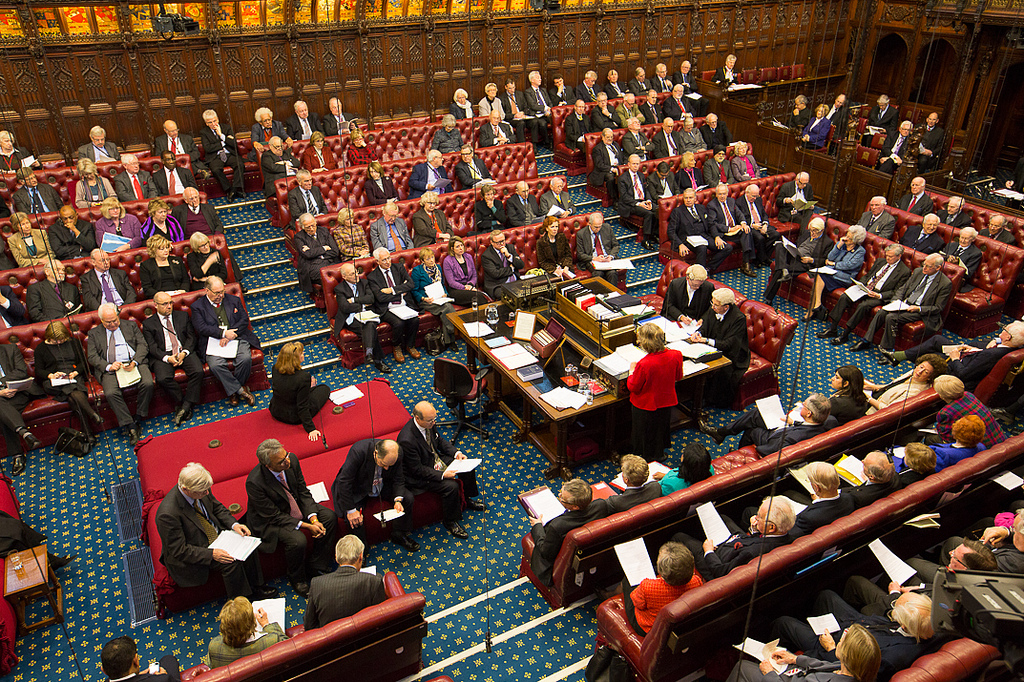House of Lords to investigate implications of Brexit on farm animal welfare

The House of Lords has launched an inquiry into the implications of Brexit on farm animal welfare.
The Lords EU Energy and Environment Sub-Committee inquiry will consist of a one-off roundtable discussion on Wednesday 5 April with leading academics and industry experts.
In evidence given to the Committee during its inquiry 'Brexit: Agriculture', witnesses raised concerns that after Brexit, a new trading regime with countries operating lower standards for animal welfare could undermine the high standards of the UK.
Government ministers have expressed intentions to maintain high standards of welfare for farm animals after Brexit.
This inquiry will further examine the possible effects of Brexit on farm animal welfare and identify the challenges and opportunities facing the Government in maintaining the UK's role as a global leader in farm animal welfare.
The Committee will begin the roundtable discussion at 10:00am and participants include the National Farmers Union, the British Veterinary Association, the Red Tractor and the National Beef Association, including many more.
The Committee is also hoping that representatives for consumers, supermarkets and DEFRA will attend.
Questions to be asked by the Committee
• What are the critical issues that must be addressed in terms of farm animal welfare regulations, compliance and enforcement to deliver these intentions?
• Which monitoring bodies and mechanisms of enforcement need to be expanded or created post-Brexit?
• What action must the Government take to ensure that the UK remains a world leader in farm animal welfare after Brexit?
• To what extent might trade pose a risk or an opportunity for UK farm animal welfare after Brexit? What tools could or should the UK government employ to ensure that any risks are mitigated (e.g. labelling of products, restrictions on imports, trade agreements)?
• Will current levels of inspections be adequate to maintain consumer confidence?








